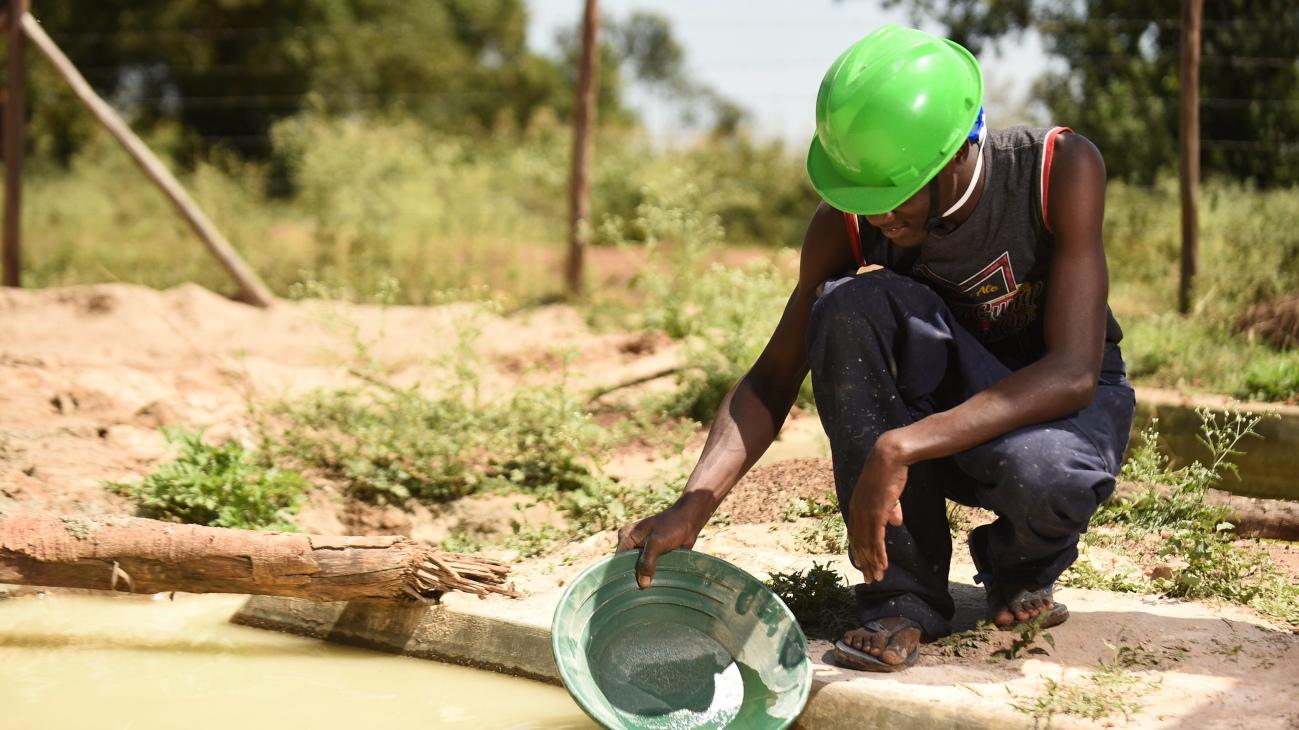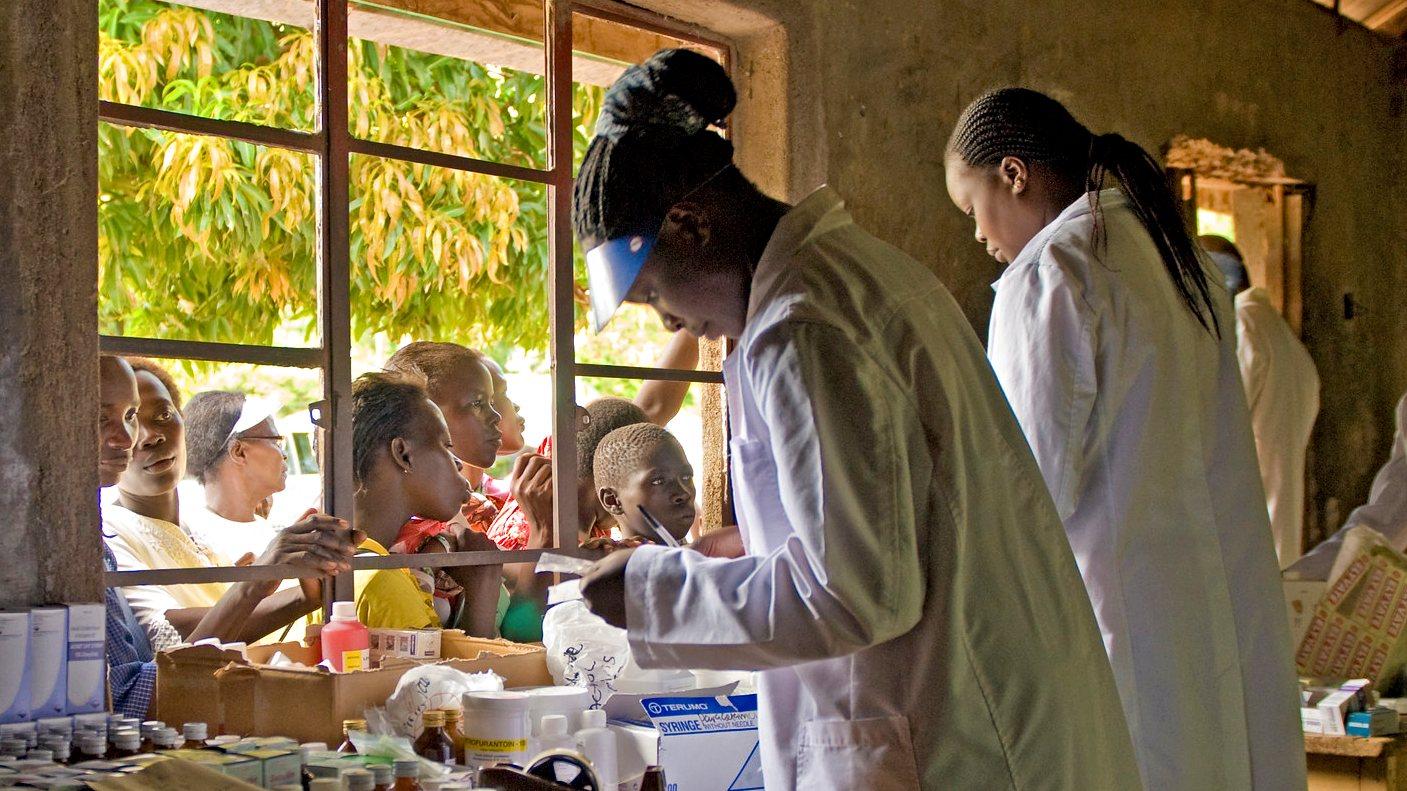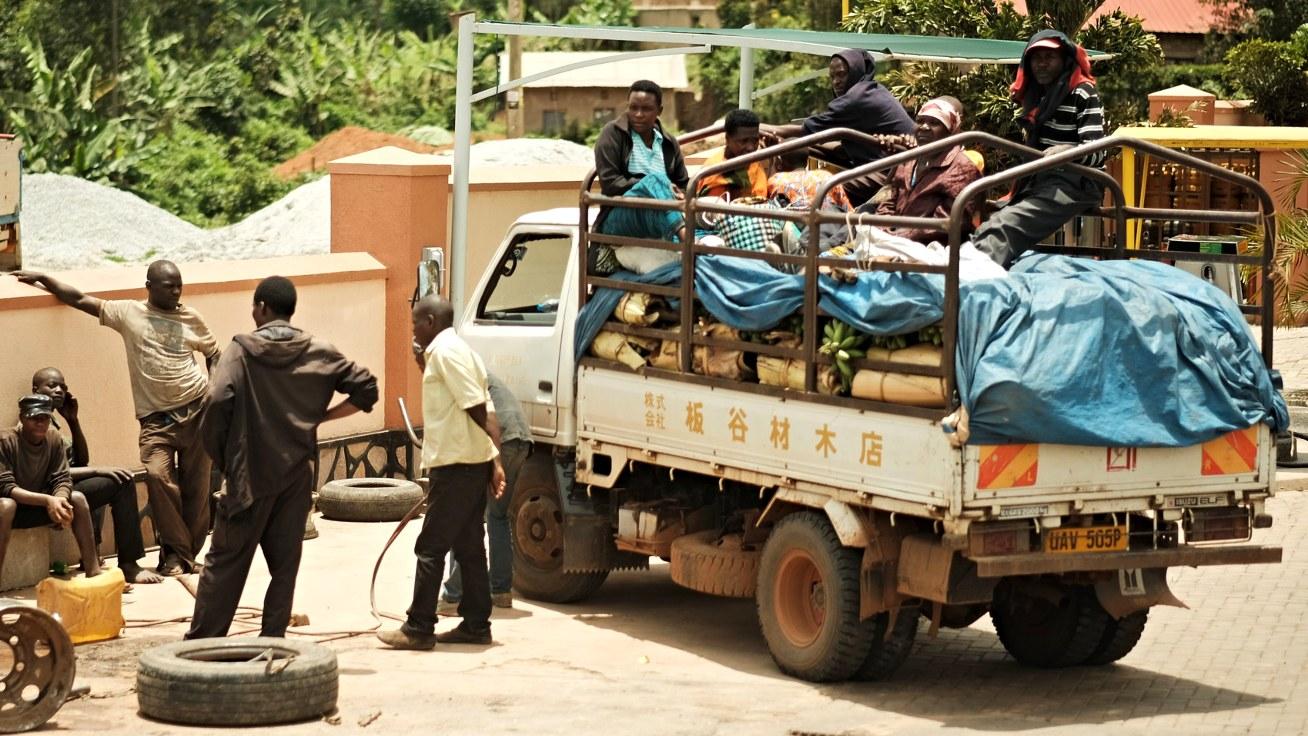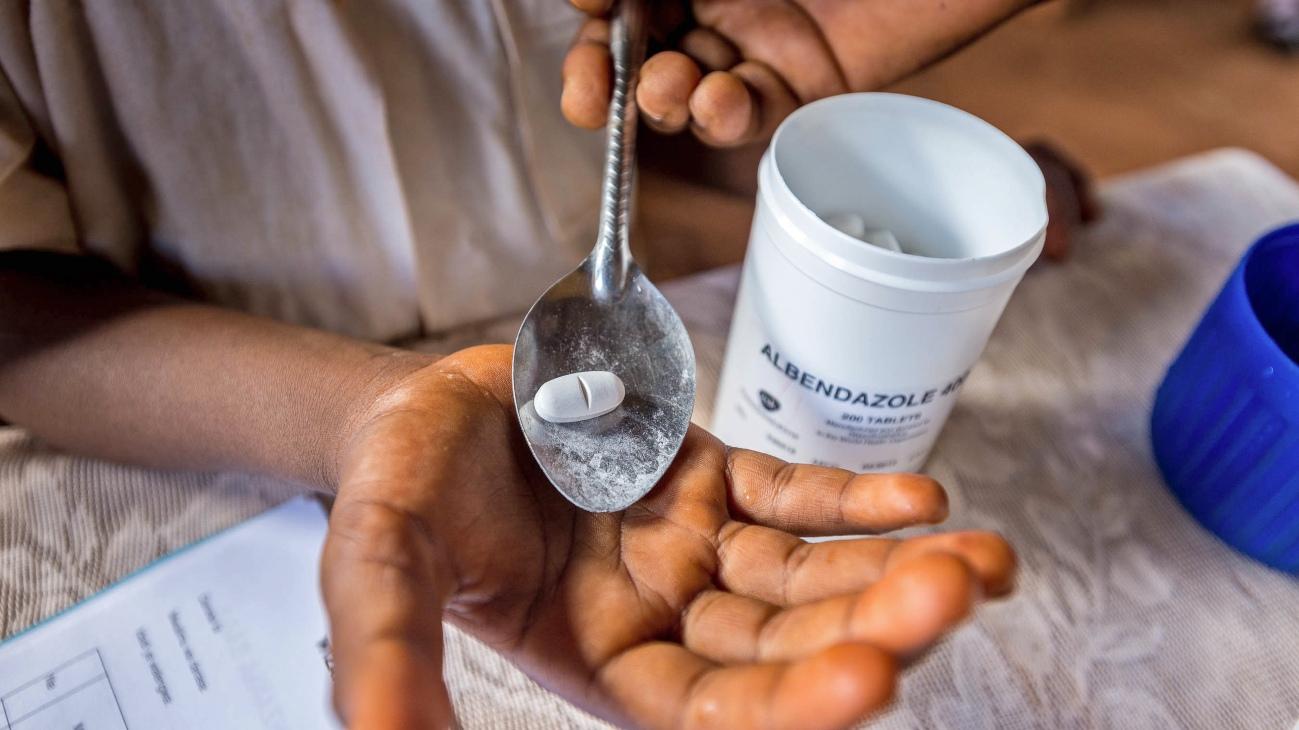Since Malawi’s high court blocked the country from entering lockdown in April 2020, how has the country responded to and contained COVID-19? Chikondi Kaponda reports on experiences from Chikwawa district, where citizens are struggling with a loss of economic activity and threats to trust in public health messaging.
This blog is part of the series Shifting Spaces, an emerging timeline of COVID-19 responses from Kenya, Malawi, Tanzania and Uganda from the LEAD research project at the Firoz Lalji Centre for Africa.
The backlash to Malawi’s lockdown
The Malawi government declared COVID-19 a national disaster before the first case was recorded on 2 April 2020, instituting a committee to oversee the pandemic as well as set aside funds to mitigate its impact. Over the following month, the country registered 37 confirmed cases, three deaths and seven recoveries. The then President of the Republic of Malawi, Arthur Peter Mutharika, put in place measures to help curb the spread of the virus. Among others, all learning institutions were closed, and sports activities and public events were suspended. Later in the month, the Malawi government announced that it was intending to impose a three week lockdown starting from 18 April 2020.
The lockdown was viewed as a political gimmick by some quarters and prompted public debate and condemnation. Those opposed to the measures argued most Malawians live on less than one US$ per day and cannot afford to purchase necessities for a period of 21 days at once. This later prompted the civil rights grouping Human Rights Defenders Coalition (HRDC) to obtain a court injunction on the proposed lockdown.
Recently, the new government administration, led by Dr Lazarus Chakwera of the Tonse Alliance of political parties, announced new measures in the fight against COVID-19. Most of these have also been blocked by the high court, which is yet to give its ruling on the earlier lockdown case, and legal practitioners have advised the government that new operational measures could amount to contempt of court. Proposed measures included leisure centres operating from 2pm to 6pm daily, and bans on street vending and large gatherings.
In August 2020, another wave of restrictions faced huge resistance as the government limited gatherings to ten people, including for religious meetings, which angered faith leaders as well as congregants. After weeks of online protests and condemnation, the government revised its decision but limited religious gatherings to 100 people.
At the time of writing, COVID-19 has affected all districts of Malawi. At least 20 districts have recorded a COVID-19 death, with Blantyre and Lilongwe recording over 40 deaths each. Despite Chikwawa not registering a death and being among the least affected districts, people in Chikwawa have not been spared from the coronavirus’ ills, which has disrupted economic activities here as much as around the globe.
Experiences in Chikwawa District
The first coronavirus case for Chikwawa district was registered on 7 April 2020, infecting a young man who had returned home from South Africa. Some Chikwawa residents challenged the diagnosis, arguing the COVID-19 patient was normal, showing no COVID-19 symptoms such as coughing. The residents suggested that the then Democratic Progressive Party-led government (DPP) was raising the figures to frustrate the 21 May elections ordered by the high court.
According to the Ministry of Health webpage and its Facebook account, currently 44 coronavirus cases have been recorded in the district, which has a population of over 350,000. So far, 42 people have recovered. Despite this apparent success story according to official statistics, people’s adherence to COVID-19 measures has been described as mixed. Only a portion of people are following the set precaution measures, like washing hands regularly, keeping a one metre distance from others and wearing face masks.
Local adherence to preventative measures
Local authorities like chiefs, village development committees and area development committees are doing a commendable task in sensitising people to the issues COVID-19 raises, as well as equipping them with methods to protect themselves from the virus, including providing water buckets and soap in market places.
Churches like Makande and Nchalo Church of Central African Presbyterian (CCAP), Ngabu Roman Catholic Church, Makande and Nchalo Seventh Day Adventist Churches in Ngabu are placing buckets of water and soap at their entrances. Those without face masks are denied entry for prayers. Public health messages, including on preventative measures such as avoiding crowded spaces, are continually aired on the radio, published in newspapers and magazines as well as heard in mobile vehicles with mounted speakers. Most messages are expressed in the vernacular Chichewa, which makes it easy for everybody to grasp information about the disease. Dedicated toll free roads facilitate health workers’ visits to people’s homes to test for the virus.
However, adherence to set preventative measures is underwhelming compared to the vast campaigns that have been launched by authorities including the Ministry of Health and other non-governmental organisations, such as the National Initiative for Civic Education (NICE). While particular spaces are being policed, like supermarkets frequented by the middle class, some public places continue with a business as usual attitude, such as markets in urban and rural areas where hand washing before entrance is not enforced. People board public transport without face masks despite them being compulsory. While this may suggest wealth is a dividing line when it comes to adherence to regulations, and it is argued in Chikwawa that some cannot afford to buy face masks, some neglect preventative measures because they believe in rumours which determine the virus not to be a problem.
Rumours in Chikwawa
The view has become widespread among many people that the virus cannot survive in hot temperatures. At a public minibus at Nchalo (one of the major trading centers in Chikwawa), I head a minibus ‘call boy’ express as much, saying because temperatures in Chikwawa are hot, people in the district are safe, the disease only spreading fast in cold areas. This is supported by most people associating the virus with the flu – an illness that is far more common during winter.
I also overhead call boy saying he could not wear a face mask because it could suffocate him, a myth believed by most people I spoke to. While this is being challenged by authorities through radio messages and programmes, the misconception sticks. Dwindling official positive infection cases and COVID-19 deaths is a major factor triggering this belief, especially as more recently the country is registering fewer numbers compared to the winter months of June and July.
Loss of business
Regardless of beliefs in rumours, people are concerned that restrictions are negatively affecting their business activities. Malawi’s economy is predominantly agricultural, with 80% of the population living in rural areas – its main cash crops tobacco, tea, groundnuts, sugar, coffee and cotton. Chikwawa is also an agricultural district, and sugar and cotton are its main crops. Illovo Sugar Company is the district’s biggest employer with over 5,000 employees. Chikwawa is also well known for cattle and goat farming and supplies meat to Blantyre (Malawi’s commercial capital) and other parts of the country. Beyond agriculture, the district also has a diverse range of economic activities including small-scale businesses such as grocery shops, restaurants and bicycle taxis.
Zainab, operating a restaurant at Ngabu trading centre, lamented the ways the pandemic had affected her business. She explained that most companies have fired some of their employees and have since returned to their respective districts. Given that most of her customers are not people from the area, instead travelled to the district for work, there are fewer people around to act as customers:
‘Before the pandemic I used to make sales of more than 40 thousand Kwacha per day (approximately 50 US Dollars) now the sales has decreased with to less than half … At the moment, I am making 15 thousand kwacha or lower than that.’
Zainab’s story is familiar to those of most small-scale business operators; since March companies have trimmed their workforce arguing that they are not making profits, resulting from schools and sporting activities being suspended to curb the virus’ spread, decreasing the numbers of people around who use their services.
Cross-border trade
Since the high court blocked the proposed lockdown, people have continued to travel across Malawi. But fewer trips are made internationally, since some neighbouring countries have themselves imposed tough restrictions on movement, notably including South Africa. However, borders remain open, mostly to essential services, which includes food and medicine. Those involved in inter-border trade continue to travel outside the country, using unchartered routes to trade in clothes and textiles with Mozambique and Tanzania, despite these borders being officially closed.
One inter-border trader from Chikwawa with business in Mozambique confessed that he feared risks of robbery, resulting from using unchartered routes; attackers know traders cannot lodge a complaint with local law enforcement agencies.
In Chikwawa, some youths, as well as older people, rely on inter-border trade with countries such as Mozambique and South Africa to import goods like blankets and electronics such as television sets and home theatres. However, since April 2020, South Africa’s lockdown restrictions have been eased rather than removed entirely. James, an inter-border trader from Nchalo, said he fears he will lose his capital since for months he has been unable to produce economic activity, though he is able to continue providing for his family.
President Lazarus Chakwera has recently stressed the need to reopen the economy, including borders, saying: ‘people have to accept COVID-19, that it is a new reality they have to live with, but be cautious at the same time’. Rumours about the virus, combined with the economic damage and loss of jobs from its containment, have invited much comment and significant panic among people across the country, and for the people in Chikwawa what they most need is change.
Photo: Mitundu Market, Lilongwe, Malawi. Credit: Melissa Cooperman/IFPRI licensed under creative commons (CC BY-NC-ND 2.0).





